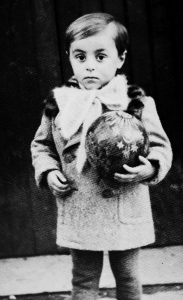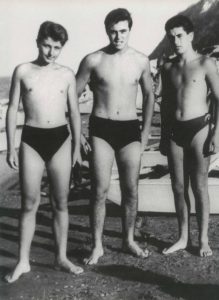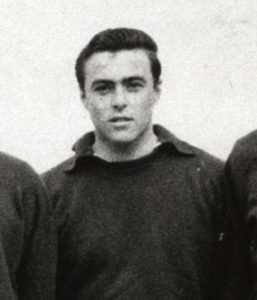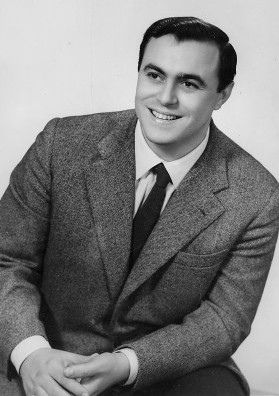Yesterday’s Music History Monday post celebrated the 14th anniversary of Luciano Pavarotti’s appearance at the opening ceremony of the XX Winter Olympic Games in Torino, Italy. It made sense then, that today’s Dr. Bob Prescribes post should feature a Pavarotti recording. Alas, or in the parlance of Italian opera, Ohime!, what seemed simple turned out to be anything but.
Here’s the problem, in the form of a confession. I adore Pavarotti’s voice the way a 16-year-old does his first great love: utterly, absolutely, unquestioningly, and completely. I know that some folks believed he demeaned himself and his art in his later years doing cross-over work and singing in stadiums, but I’d point out that even the best of us will get a bit incontinent with age. We should pay Pavarotti’s incontinence no mind, because he left behind such an amazing recorded and video legacy as to make our minds reel and yes, our bladders weak. My problem: which of all my favorite Pavarotti recordings to recommend? I spent half of a day listening (and weeping over his voice) until I came to the only possible conclusion: I will not choose just one recording but instead list four of my favorites, with the understanding that when it came to Italian language opera you can pretty much never go wrong with Luciano Pavarotti.

Pavarotti grew up in the north-central Italian city of Modena – famous for its vinegar – where his father Fernando worked in a bakery and his mother Adele in a cigar factory.
His boyhood dream was to be a professional soccer goalie. Relatively tall (5’11”) and powerfully built, Pavarotti spent his childhood and adolescence on the soccer pitch and following his favorite soccer team, Juventus, which is based in Turin.

On graduating high school (the Scuola Magistrale), he tried out for the local soccer team, Modena F.C., which at the time played in “Serie B”: the second tier of Italian professional soccer. To posterity’s inestimable benefit, he turned out to be one of that untold multitude of sports-loving young men and women whose athletic ambitions exceeded their abilities. He subsequently taught elementary school for two years, but even as he did, he discovered something that was to make him wealthier, more famous, and more beloved than any footballer ever was or ever will be: the 19-year-old Luciano Pavarotti discovered his voice. (Admittedly, starting at the age of nine, Pavarotti sang in a church choir and as a teenager stood in front of a mirror and imitated his idol, the movie star/singer Mario Lanza. But this strikes us more on the lines of some goofy, pimple-faced teen standing in front of a mirror and playing air-guitar to Eric Clapton than someone with aspirations to a professional career in music.)

Having come into his mature voice in 1954 at the age of 19, Pavarotti began to study music with a well-known local tenor and pedant named Arrigo Pola (1919-1999). Pola who was so taken with his young charge that he refused any payment for the lessons. These studies – which went on for seven years – focused entirely on Pavarotti’s voice and the vocal repertoire, as Pavarotti, incredibly, never learned to adequately read music (and thus had to learn everything by rote).
(Pavarotti claimed that this was bunk, that he could indeed read music just fine. However, his claim has been contradicted regularly by those he worked with, including the conductor Richard Bonynge. Bonynge, the husband of the great Australian-born Joan Sutherland – “the thundah from down undah” – and the conductor of many of Pavarotti’s greatest recordings, has said outright that “Pavarotti never learned to read music.”)

Pavarotti made his operatic debut in April of 1961 when he sang the role of Rodolfo from Puccini’s La bohème at the Teatro Municipale in Reggio Emelia.
And so began his climb through the operatic ranks: first in Italy, then in Europe, and finally in North America, where he made his debut in February 1965, singing alongside Joan Sutherland in Donizetti’s Lucia di Lammermoor at the Miami-Dade County Auditorium in Miami, Florida. By the 1970s he had achieved international stardom; on September 24, 1979 he appeared on the cover of Time magazine.… Continue reading, and see Dr. Bob’s FOUR prescribed recordings, only on Patreon!
